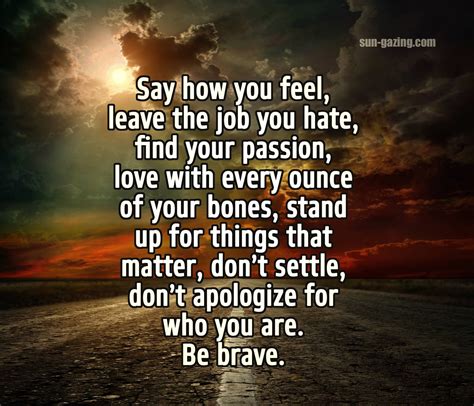Leaving A Job You Hate: A Graceful Approach

Leaving a job you hate can be a difficult decision to make, but it’s important to prioritize your mental health and well-being. In this article, we’ll discuss a graceful approach to leaving a job you hate, including tips for preparing to leave, how to resign professionally, and what to do after leaving your job.
Preparing to Leave
Assessing Your Situation
The first step in leaving a job you hate is to assess your situation. Take some time to reflect on why you’re unhappy in your current role. Is it the work itself, the environment, or the people? Are there any specific incidents that have led to your unhappiness? Understanding the root cause of your dissatisfaction can help you make a more informed decision about whether to stay or leave.
Exploring Your Options
Once you’ve identified the reasons why you’re unhappy in your job, explore your options. Is there a possibility of transferring to a different department or role within your company? Could you negotiate a better work arrangement, such as reduced hours or remote work? If you’ve decided that leaving is the best option, start looking for other job opportunities or consider pursuing a different career path.
Building Your Network
Networking is a crucial part of finding new job opportunities. Reach out to former colleagues, attend industry events, and connect with professionals in your field on LinkedIn. Building relationships with people in your industry can help you learn about new job opportunities and get referrals.
Resigning Professionally
Writing Your Resignation Letter
Your resignation letter should be professional and succinct. Start by thanking your employer for the opportunity to work for the company, and then state your intention to resign. Be sure to include your final day of work and offer to help with the transition process. Keep the tone positive and avoid criticizing your employer or colleagues.
Having the Conversation
When it comes time to have the conversation with your boss, be prepared and professional. Schedule a meeting in advance and be clear about your intentions. Keep the conversation focused on your decision to leave and avoid getting into details about why you’re unhappy. Offer to help with the transition process and express your gratitude for the opportunities you’ve had at the company.
What to Do After Leaving
Taking Time to Recharge
Leaving a job can be emotionally draining, so it’s important to take some time to recharge. Take a break, travel, or pursue a hobby you’ve been putting off. This can help you clear your mind and prepare for the next chapter of your career.
Reflecting on Your Experience
After you’ve had some time to recharge, reflect on your experience. What did you learn from your previous job? What do you want in your next role? Use this time to clarify your career goals and identify what you’re looking for in a new job.
Starting Your Job Search
Now that you’ve had some time to recharge and reflect, it’s time to start your job search. Update your resume and LinkedIn profile, and start reaching out to your network for job leads. Be patient and persistent, and remember that finding the right job takes time.
Conclusion
Leaving a job you hate can be a difficult decision, but it’s important to prioritize your mental health and well-being. By assessing your situation, exploring your options, and resigning professionally, you can make a graceful exit from your current job. After leaving, take some time to recharge, reflect on your experience, and start your job search with a clear set of career goals.
FAQs
How do I know if it’s time to leave my job?
If you’re consistently unhappy in your job, feel unfulfilled, or dread going to work every day, it may be time to consider leaving. Assess your situation and explore your options before making a decision.
How do I resign professionally?
Resigning professionally involves writing a succinct resignation letter and having a professional conversation with your boss. Keep the tone positive and avoid criticizing your employer or colleagues.
What should I do after leaving my job?
After leaving your job, take some time to recharge, reflect on your experience, and start your job search with a clear set of career goals.
